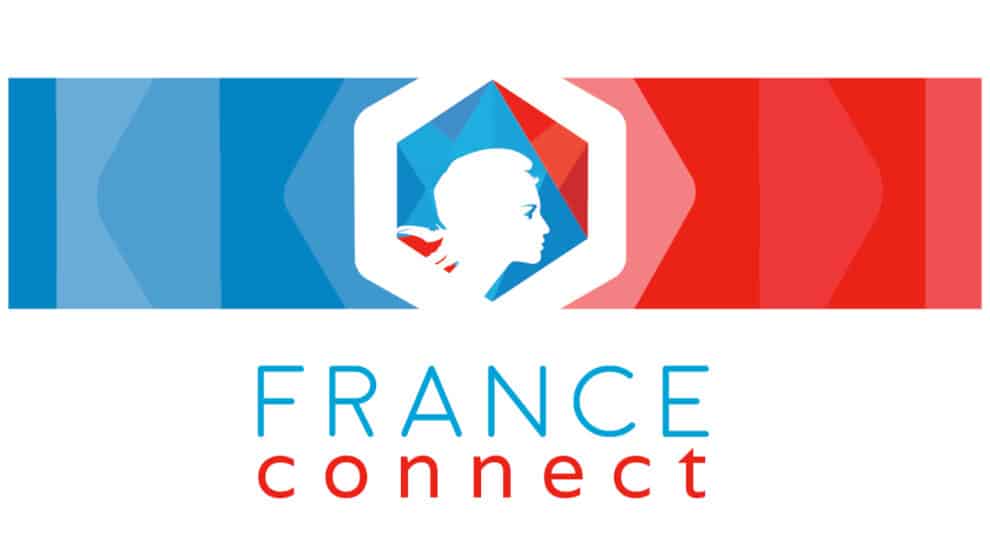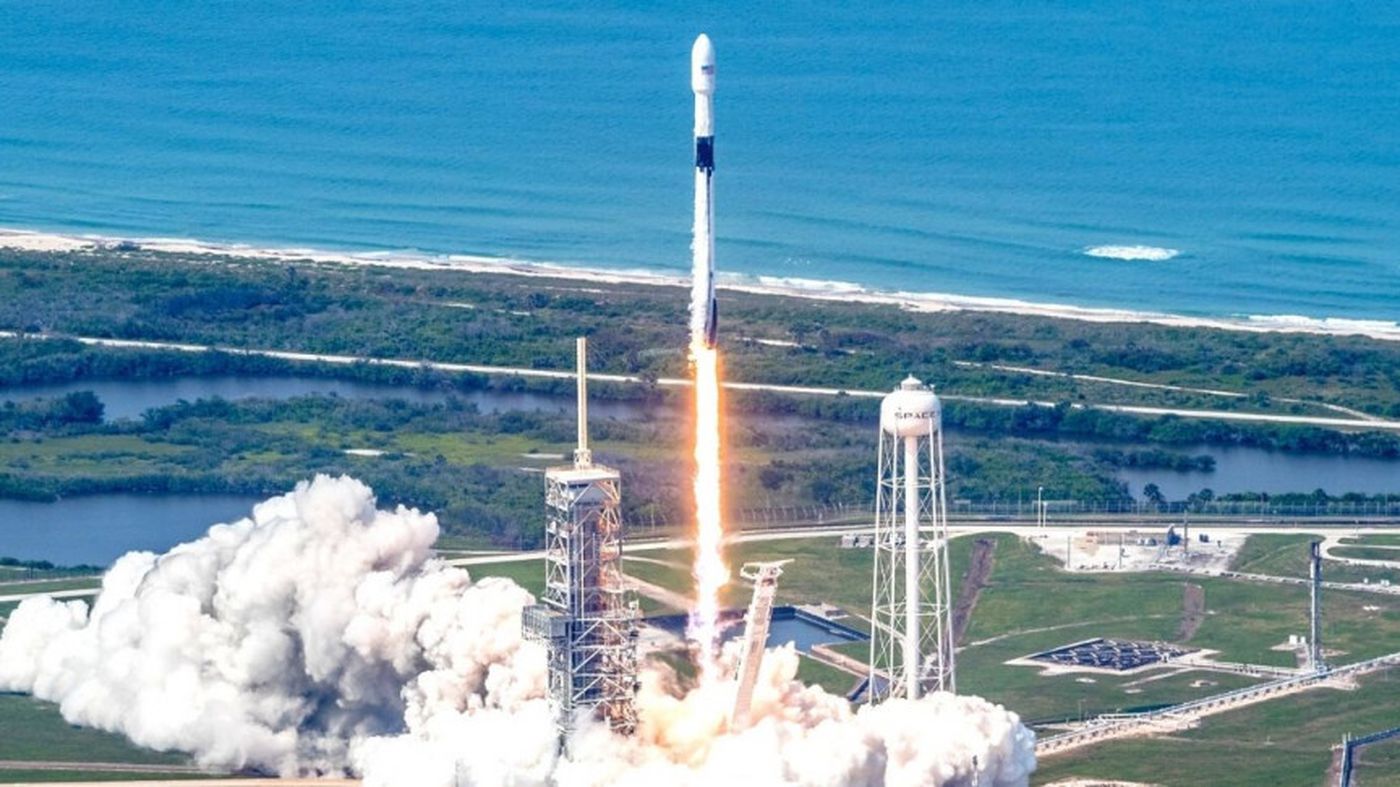Digital identity: the worrying “progress” of the West towards total control
Contents
Predictable “progress”
In very short, it is about being able to do everything with your smartphone. Already today, these little jewels of technology no longer only allow us to call or send messages, but also to locate us, entertain us, inform us, call us to order, organize us, order us eat, etc. Activities that do not require identity authentication.
The next step is more confidential. Government services, hospital services, administrative paperwork… you will be able to control everything via your smartphone, because thanks to it you will have the possibility of proving to your digital interlocutor that you are really you. “It avoids the handling of paper and in a context of labor shortage, it allows us to automate services”explains the Quebec minister.
For now, $41 million will be disbursed so that Quebecers can take advantage of this experience in the summer of 2022. Companies will have to wait until 2023. As for a possible complete digitization of the portfolio, it will have to wait until 2025, and a few million more. So you will have your government data at your fingertips, but also your driver’s license, as well as data related to private companies, such as banks and insurance companies. The problem being that you won’t be the only one with a long arm…
Security, you say?
Éric Caire wants to be reassuring and explains that only the government will have access to data related to the mission of the State. On the other hand, the SQIN is working on the interoperability of systems so that other information (credit cards, proof of insurance, etc.) can be shared with third parties. When we know that the Canadian government is currently arrogating to itself the right to freezing the bank accounts of his political opponents in the context of demonstrations against health measures, there is reason to be worried about the excesses that this “all digital” will allow.
The first steps of digital identity in France
While applications such as Doctolib (health) and Lydia (economy) participated in the flowering of digital technology in the 2010s, it was in 2016 that the government set up its service FranceConnectand in 2017, with the Macron presidency, that the debates around digital identity were launched by the French Ministry of the Interior.
“FranceConnect is the solution offered by the State to secure and simplify connection to more than 1,000 online services. »can we read on the government website, just above a small promotional clip of two minutes. “Make your life easier” seems to be the catchphrase of digital identity preachers. This service makes it possible to connect all the other services together and to be able to connect to one with the password of the other, in a way.
Fact, all services grouped by FranceConnect makes one dizzy; there are more than 1,000, ranging from bank accounts to insurance, taxes, social rights or driving licenses.
Covid-19, digital identity Trojan horse?
The youngest, the Covid-19 vaccination certificate joined the FranceConnect party. And, since 2022, the government has also launched its new “ Health space » : “a public service that allows everyone to store and share their documents and health data” which it is for the moment still possible to escape.
Over the past two years, it has been under cover of a health crisis that we have given way to 2.0 surveillance. Tracing of contaminations, end of medical secrecy and QR codes at all costs, we have accepted it to fight against the epidemic. Little by little, we get used to controlling everything thanks to our smartphone, but also to being controlled without flinching. The French company Ariadnext is also working on an identity verification system using QR codes.
Europe’s “digital decade”
As of May 2021, the European Commission recommended the establishment of a ” European e-ID », which looks like two drops of water to the system envisaged by Quebec. EU Competition Commissioner Margrethe Vestager said citizens will be able to use their EU digital wallets to access their Google and Facebook accounts instead of using their accounts “platform specific”. According to him, this would allow us to decide for ourselves how much data we want to transmit. A false sense of security?
A few months later, the european digital covid certificate made his appearance. It’s a safe bet that very soon, it will also be linked to the digital passport as a whole.
Consequently, although everyone assures for the moment that there is “no obligation”the West is getting dangerously close to Chinese social credit.

![[#Promo Pâques] Windows 11 pro at €10.25, Office 2021 Pro at €13.05 (5 licenses at €65), Adguard at €10.24,…](https://cdn.kulturegeek.fr/wp-content/uploads/2023/04/godeal24-pasques-2023.jpg)

